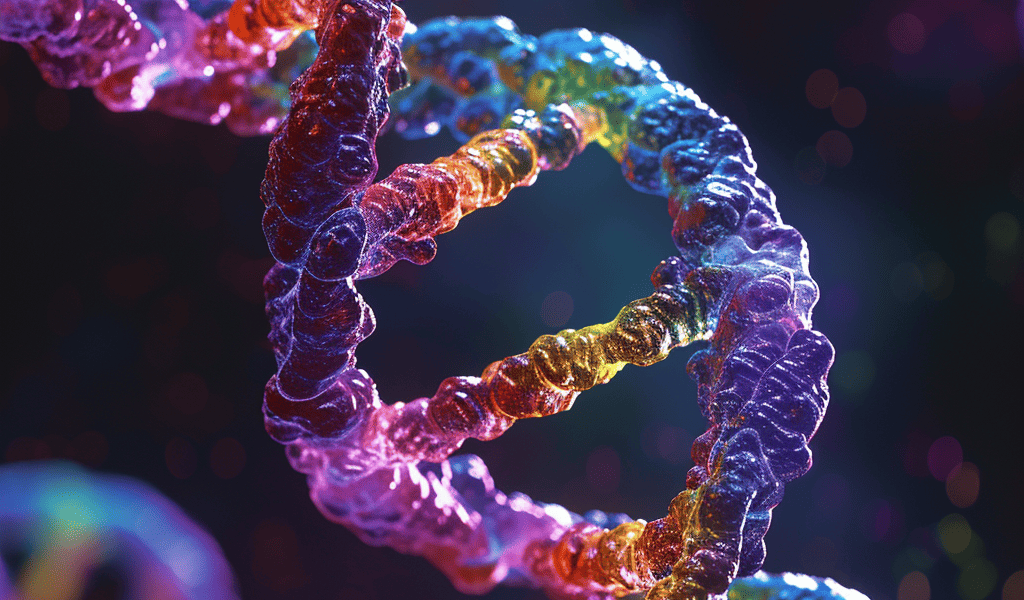Technological advancements have enabled scientists to comprehensively explore genetic control elements, unraveling the complexities of gene activation mechanisms in our genetic code. New evidence challenges the simplistic view that cis-regulatory elements (CREs) are mere on/off switches for genes, emphasizing their ability to exhibit complex behaviors, such as the simultaneous enhancement of gene activity and initiation of gene transcription, e.g., simultaneous enhancer and promoter activities. These switches aren’t only important for the enhancement of specific genes but are crucial for the basic functions that keep our cells healthy.
A study conducted in Japan has revealed the existence of around 11,000 vital genetic switches active in every cell type-;housekeeping cis-regulatory elements (HK-CREs)-;that play a role in maintaining the stability and function of our cells, far beyond the regulation of housekeeping genes. This study was performed by scientists from the Laboratory of Functional Analysis in silico (Nakai-lab) at The Institute of Medical Science, The University of Tokyo, Japan: Professor Kenta Nakai, head of the laboratory, and Dr. Martin Loza, Assistant Professor, in collaboration with Dr. Alexis Vandenbon, Associate Professor, from the Institute of Life and Medical Sciences, Kyoto University, Japan. Their work was published in Nucleic Acids Research on December 12, 2023.
Discussing his motivation behind this study, Dr. Loza states, ‘Given the significant association between cancer and mutations in epigenetic components, every small insight we gain could be key in the ongoing battle against this disease, which has tragically claimed innumerable lives. Through extensive bioinformatics analyses, we aimed to emphasize HK-CREs profound impact on fundamental cellular processes, including their potential as essential housekeeping tumor suppressors.’ The research team found that HK-CREs were not solely confined to regulating the well-studied housekeeping genes (HKGs), which only constituted less than 20% of the genes associated with these elements. Instead, these elements predominantly resided within core promoter regions of many more genes (around 8,000), indicating a broader regulatory role beyond typical housekeeping gene functions.
By employing bioinformatics analyses and levering diverse public datasets, the team validated the robustness of HK-CREs across 50 randomly selected healthy cell types, confirming the location of HK-CREs within the genome. These elements were highly conserved, residing in unmethylated CpG-rich





